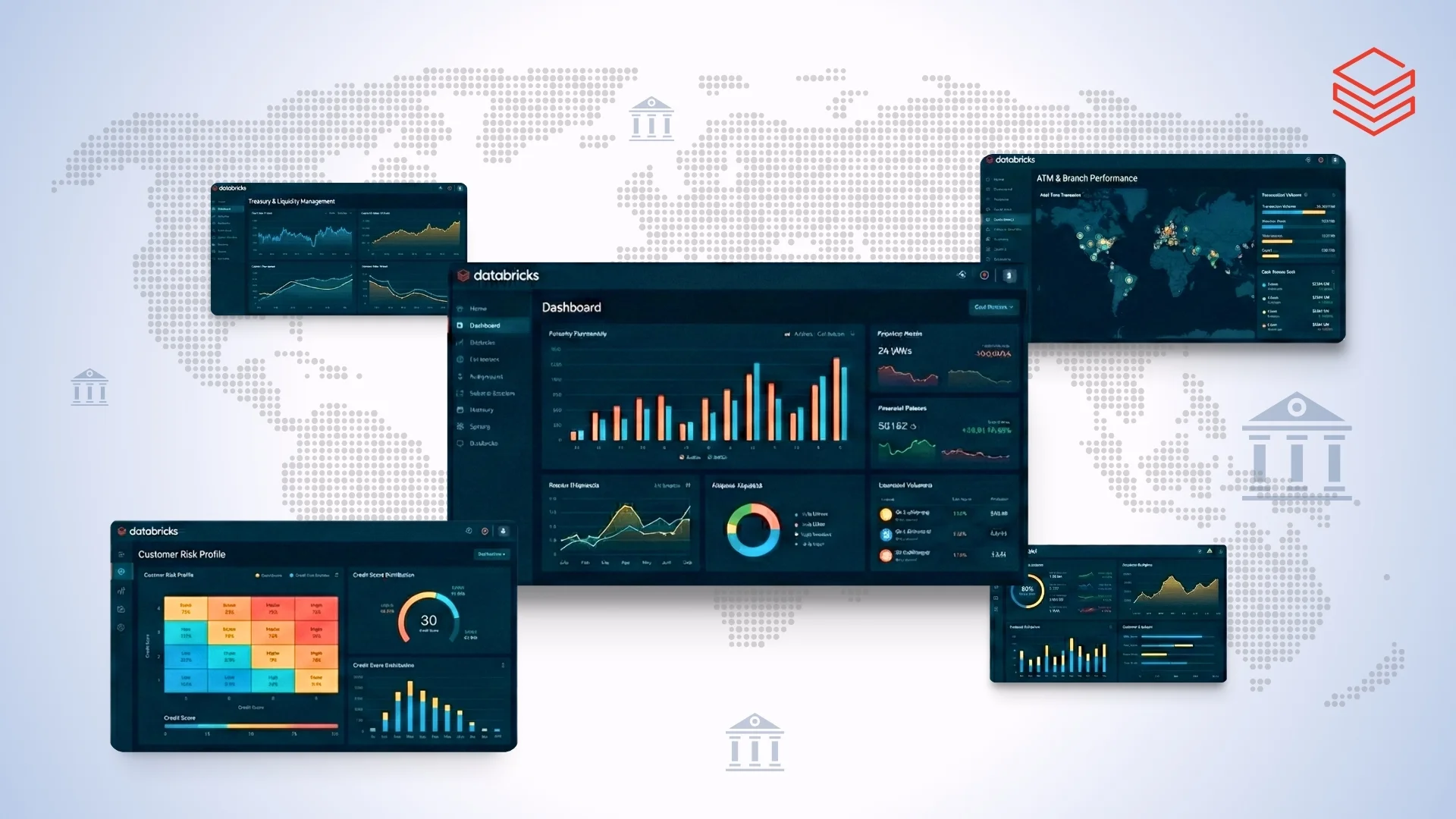Importance of data privacy compliance in software policy decision-making meeting all regulatory requirements for data security, enhancing trust and reputation.
Introduction: Data Privacy Compliance
Privacy is recognized as a fundamental human right globally. Uncertainty surrounds privacy regulations in emerging technologies. In 2026, emerging regulations around artificial intelligence, cloud sovereignty, and cross-border data transfers have further elevated the importance of privacy-by-design approaches. Therefore, it’s crucial to prioritize data privacy compliance when formulating policies for your company’s digital products or services. Data Privacy involves safeguarding personal information, ensuring confidentiality, and controlling access to sensitive data. Compliance entails adhering to laws, meeting standards, and following guidelines within specified frameworks.
In practice, this means adopting a “privacy by design” approach embedding governance, consent management, and data-minimization controls directly into software architecture and AI pipelines from the outset, rather than retrofitting compliance later.
Global Regulations
The General Data Protection Regulation (GDPR) and the California Consumer Privacy Act (CCPA) set global benchmarks, emphasizing transparent data practices and stringent security. In addition, newer frameworks India’s Digital Personal Data Protection (DPDP) Act have expanded the global regulatory footprint. These standards ensure uniformity across borders, safeguarding individuals’ privacy rights. In the U.S., the Federal Trade Commission (FTC) plays a pivotal role, enforcing data privacy compliance by imposing penalties.
As technology advances, a harmonized global framework becomes crucial, fostering trust and accountability in the digital era. In 2026, regulatory coordination around AI governance and international data transfers continues to evolve, shaping how multinational organizations design their data strategies. International data governance requires organizations to prioritize compliance while balancing intricate legal landscapes to uphold data privacy and meet regulatory standards.
Global regulations on data privacy compliance are characterized by open norms, necessitating interpretation. Compliance officers navigate complex legal requirements, exploring alternative solutions to meet standards. Non-compliance, as seen in cases like Google’s, leads to severe financial penalties, and even in some major cases, Meta faced fines from the Irish Data Protection Commission for insufficient data protection in EU-US data transfers. TikTok received fines for breaching children’s data privacy under GDPR. In the U.S., companies must emphasize data collection and disclosure, aligning with legal requirements.

Industry wise Checklist Source: IBM
Consumer Rights
Effectively managing consumer or partner rights is vital for data privacy compliance. Laws and regulations, inherently complex, demand interpretation by companies facing conflicting sources. Organizations often navigate this complexity by opting for the weakest compliance interpretation, driven by strategic objectives or high implementation costs. Expectations from web services giants (e.g., Facebook, Google, and Microsoft) highlight the importance of complying with declared privacy policies. Safeguarding user data through compliance efforts is crucial for respecting consumer and partner rights. Upholding these rights involves granting access, correcting inaccuracies, and empowering data deletion requests, fostering trust and transparency. Prioritizing consumer rights aligns businesses with ethical data privacy compliance practices, building positive relationships, and meeting legal obligations and regulatory requirements.
Globally, regulations are increasingly codifying these protections for instance, the EU’s GDPR (2018) under Article 22 gives individuals the right to opt out of or contest decisions made solely through automated processing that significantly affect them. Similarly, India’s Digital Personal Data Protection (DPDP) Act (2023) requires consent to be free, specific, informed, and revocable for any data processing, directly influencing how organizations source and use data for AI training and deployment.
Building Trust
In the digital age, building trust is imperative, underscoring how data breaches undermine consumer confidence. Respecting consumer rights and ensuring compliant behavior enhances positive relationships, which is crucial for companies aiming to gain a competitive edge through an excellent reputation in data privacy compliance. The link between the two is vital, emphasizing that manual reviews, although resource-intensive, risk eroding trust if they lead to data policy violations.
To establish trust, organizations must prioritize transparent data practices, secure storage, and stringent compliance measures. This commitment, evident in clear communication, security protocols, and ethical data handling, not only safeguards sensitive information but also nurtures positive relationships. Reinforcing overall data privacy compliance fosters credibility and leads to trust. In 2026, organizations are increasingly recognizing that privacy by design embedded into systems and AI workflows from the start is the foundation of sustained digital trust. Additionally, traditional policy documents are no longer enough. CIOs, CISOs, and compliance leaders need to embed operational governance directly into AI pipelines.
Table of Contents
Reputation Management
A company’s reputation is intricately linked to its ability to safeguard sensitive information, a cornerstone of maintaining trust in the digital age. Instances abound of reputational damage resulting from mishandling data, underscoring the paramount importance of robust data protection. A positive reputation not only attracts customers, partners, and top talent but also reflects an organization’s steadfast commitment to ethical data privacy compliance practices. The relationship between a company’s reputation and its capacity to protect sensitive information is evident in real-world scenarios. Major corporations, through data breaches and policy violations, have experienced severe reputational setbacks, vividly illustrating the critical role of maintaining trust in data privacy compliance.
Data Breaches
Data breaches and cyberattacks are on the rise, showcasing an alarming increase in both frequency and severity. Notable incidents highlight the evolving sophistication of cyber threats. Beyond operational disruptions, these breaches entail significant financial consequences, including legal liabilities and hefty remediation costs. Adopting a proactive stance on data privacy compliance is not merely a regulatory necessity but a strategic move to safeguard valuable assets. Robust cybersecurity measures, ongoing employee training, and regular assessments not only shield against data breaches but also save costs, preserve reputation, and fortify defences against potential hackers. Prioritizing data privacy compliance becomes an essential investment in protecting both assets and brand integrity.
Conclusion
For IT leaders in 2026, privacy by design is no longer optional it is foundational to responsible AI adoption, regulatory resilience, and long-term business trust. At Sparity, we assist in designing and drafting policies to meet all regulatory requirements. We specialize in helping enterprises design and operationalize privacy programs that address AI governance requirements, India’s DPDP Act obligations, and multi-jurisdictional compliance mandates across global markets.















